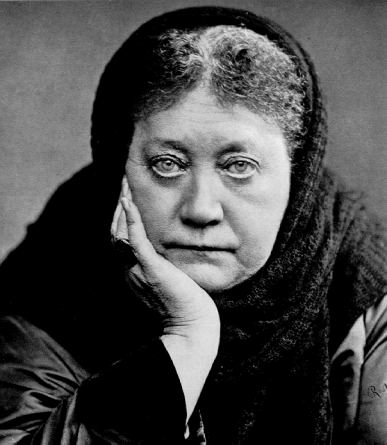
H. P.
BLAVATSKY AND HER WRITINGS
From time
to time, in the news, reference is made to Helena Petrovna Blavatsky, who
was one of the founders of The Theosophical Society. Because she was an unusual
woman who made a considerable impact on the thought of the Western world,
speculation about her has often exceeded information and understanding. She was
able to exercise extraordinary powers of E. S. P., and because of the unusual
nature of these powers, she endured public derision and slander. She also was a
controversial figure because of her forthright and outspoken nature and her
fearless attacks on hypocrisy and bigotry. At the same time, she won fame for
her great metaphysical knowledge and she left as proof of this knowledge an
immense quantity of literary work that has, in the years since her death in
1891, greatly influenced the thinking of enquiring minds all over the world.
Through
her manifold writings, H. P. Blavatsky - or “H. P. B.” - as she came to be known
- has
given readers something of her tremendous knowledge of the philosophies and
religions of the world, the wisdom of the Far East, symbology, metaphysics,
occultism, psychism, and the practical application of all these to life. She was
a prolific writer, and newspaper and magazine articles and commentaries on a
variety of subjects flowed steadily from her pen. Much of her knowledge was
derived from Eastern teachers, with whom she came in touch early in her life.
H. P.
B.’s greatest work is The Secret Doctrine. This book appeared in
1888 in two tremendous volumes, the first being concerned with cosmogenesis, the
study of the origin and development of the universe, and the second with
anthropogenesis, the study of the origin and development of man. She made it
clear that The Secret Doctrine was not written as a revelation,
but rather as a collection of fragments scattered throughout thousands of
volumes embodying the scriptures of the great Asian and pre-Christian European
religions. Furthermore, she made no suggestion of dogma and the reader was asked
to study the ideas and information only from the standpoint of common experience
and reason.
Top
|